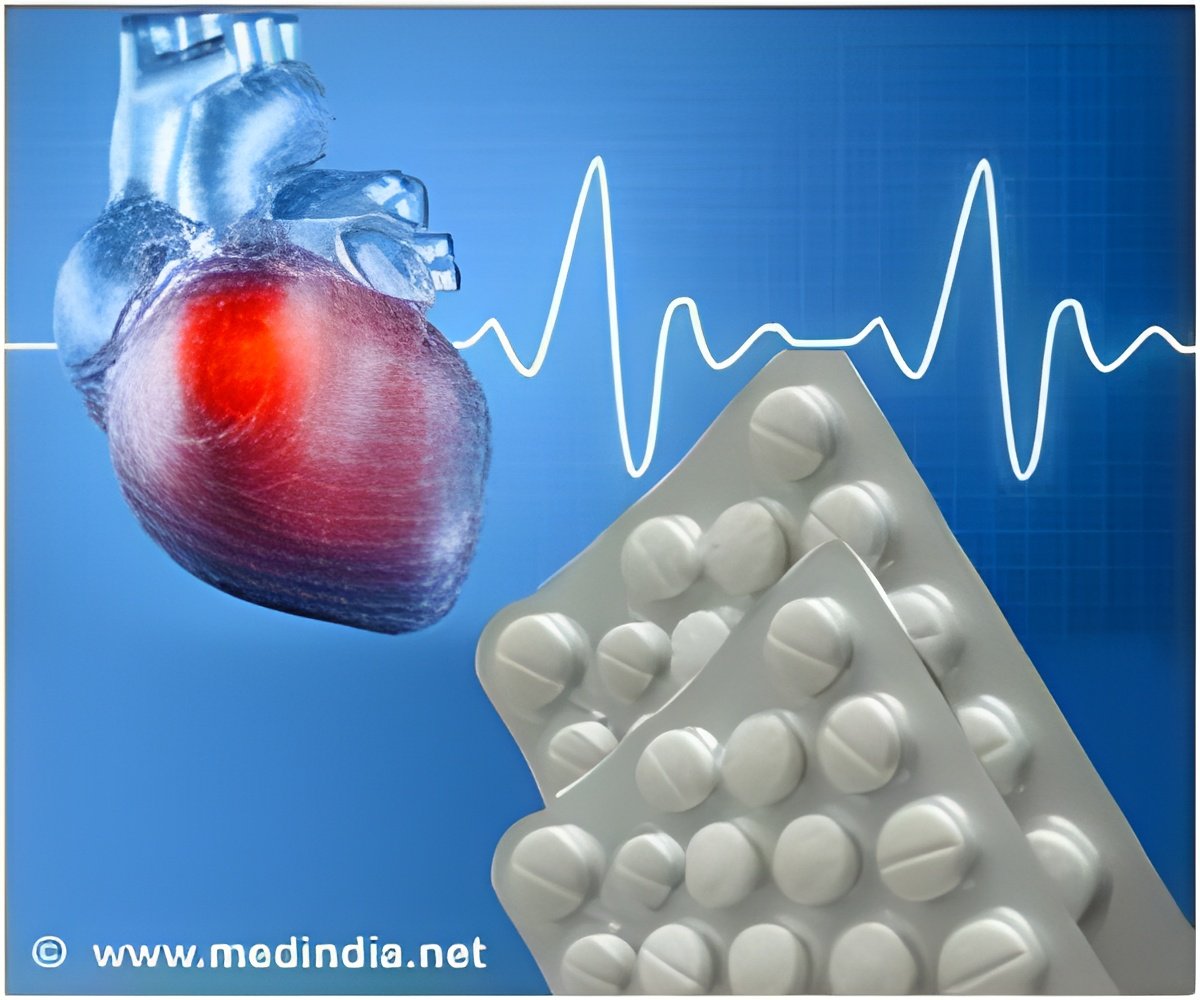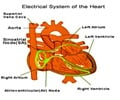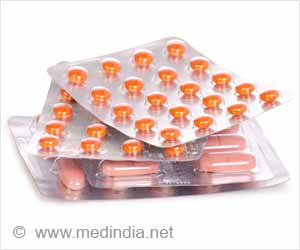Rivaroxaban for patients with an irregular heartbeat shown green flag.

Leading doctors claim up to 900,000 patients with atrial fibrillation (AF) could be eligible for rivaroxaban, which is expected to trigger a shake-up in stroke prevention services.
An MRI of the head computer enhanced to show the normal anatomy of the brain and head suffering mini strokes. The introduction of rivaroxaban is expected to trigger a shake-up in stroke prevention services
It is one of a new generation of anti-clotting agents aimed at stopping strokes and other potentially fatal attacks caused by AF.
In AF the upper chambers of the heart are out of rhythm and beat much faster than normal, which allows blood to pool and generate tiny blood clots which can trigger a stroke. AF is the most common heart rhythm disturbance, affecting around 1.2million Britons, and causes around one in seven first-time strokes.
But many sufferers remain undiagnosed and experts say extending treatment using patient-friendly drugs could prevent a further 5,000 strokes a year.
Advertisement
"The increase in treatment choice significantly increases the likelihood patients will receive therapy that is both manageable and effective, which could have a significant impact on quality of life," Lobban said.
Advertisement
Research shows rivaroxaban works as well as warfarin, a treatment based on rat poison which has been used since the 1950s
AF patients have to take anti-clotting agents for life and some NHS trusts fear the new drugs will cost too much. But NICE says they are value for money, either as a replacement for warfarin or for patients who cannot take it.
Rivaroxaban costs around 64 pounds for a month's supply whereas warfarin costs around 1-pound plus the cost of clinic visits, as careful monitoring and regular blood tests are needed to prevent excessive bleeding from cuts or stomach ulcers.
Warfarin, which has reduced the rate of stroke by up to two-thirds, can also interact badly with other drugs, alcohol and certain foods, including green vegetables and grapefruit.
A Royal College of Physicians conference estimated 5,000 strokes and 2,000 premature deaths a year could be avoided through effective detection and treatment of AF, with only half of patients currently receiving drugs.
"The availability of a once-daily option within the NHS that eliminates the need for routine coagulation monitoring is of significant importance for patients," John Camm, professor of clinical cardiology at St George's University of London, said.
The final NICE recommendation applies to England and Wales - Scotland has already approved the drug - and should be implemented by trusts within three months.
Source-ANI












